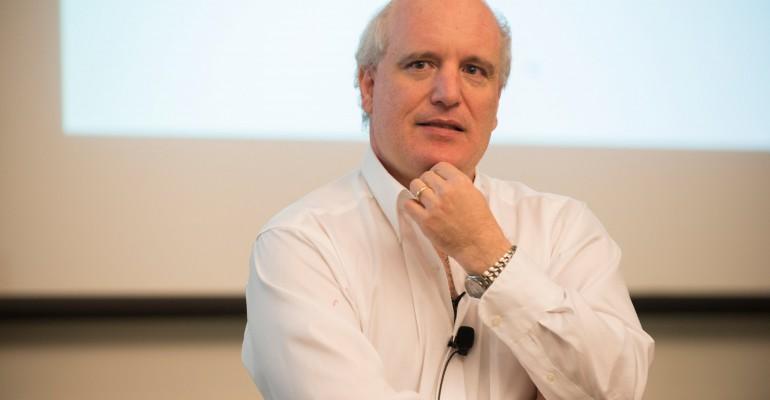11th joint Research Seminar on Diversity and Development organized by NES Center for the Study of Diversity and Social Interactions and the International Center for the Study of Institutions and Development.
Professor Steven N. Durlauf (University of Wisconsin-Madison) presented his current paper “Capital In the Twenty-First Century: A Review of Thomas Piketty’s book” (coauthored with Lawrance Blume).
The seminar was held in the HSE campus building at Slavyanskaya pl. 4/2, room 508, at 4 p.m. on June 16, 2015.
Annotation:
Amazon sales leader, reviews in The New Republic and The New York Review of Books, a comedy news appearance — Thomas Piketty has clearly struck a chord with Capital in the Twenty-First Century. The book quickly became ammunition for advocates of egalitarian-enhancing policies on the left, generating in turn a backlash against its positive and normative claims on the right. This success says much about the contemporary American zeitgeist, as mounting evidence of increasing inequality has led to vigorous public debate on what policy responses, if any, are needed. But the extraordinary reception is also due to Capital’s broad vision of the extent and nature of inequality. The book documents a range of aspects of inequality in advanced societies and presents a general conceptual framework to explain its empirical claims. Piketty takes an unabashed normative stance that current levels of inequality are unjust and is unafraid to make very strong policy recommendations. He further challenges economics and other so- cial sciences to better engage the study of inequality, with harsh criticism of the intellectual insularity of economics. These critiques have resonated in the policy world as well as in academia. We review and critique Thomas Piketty’s Capital in the Twenty-First Century

